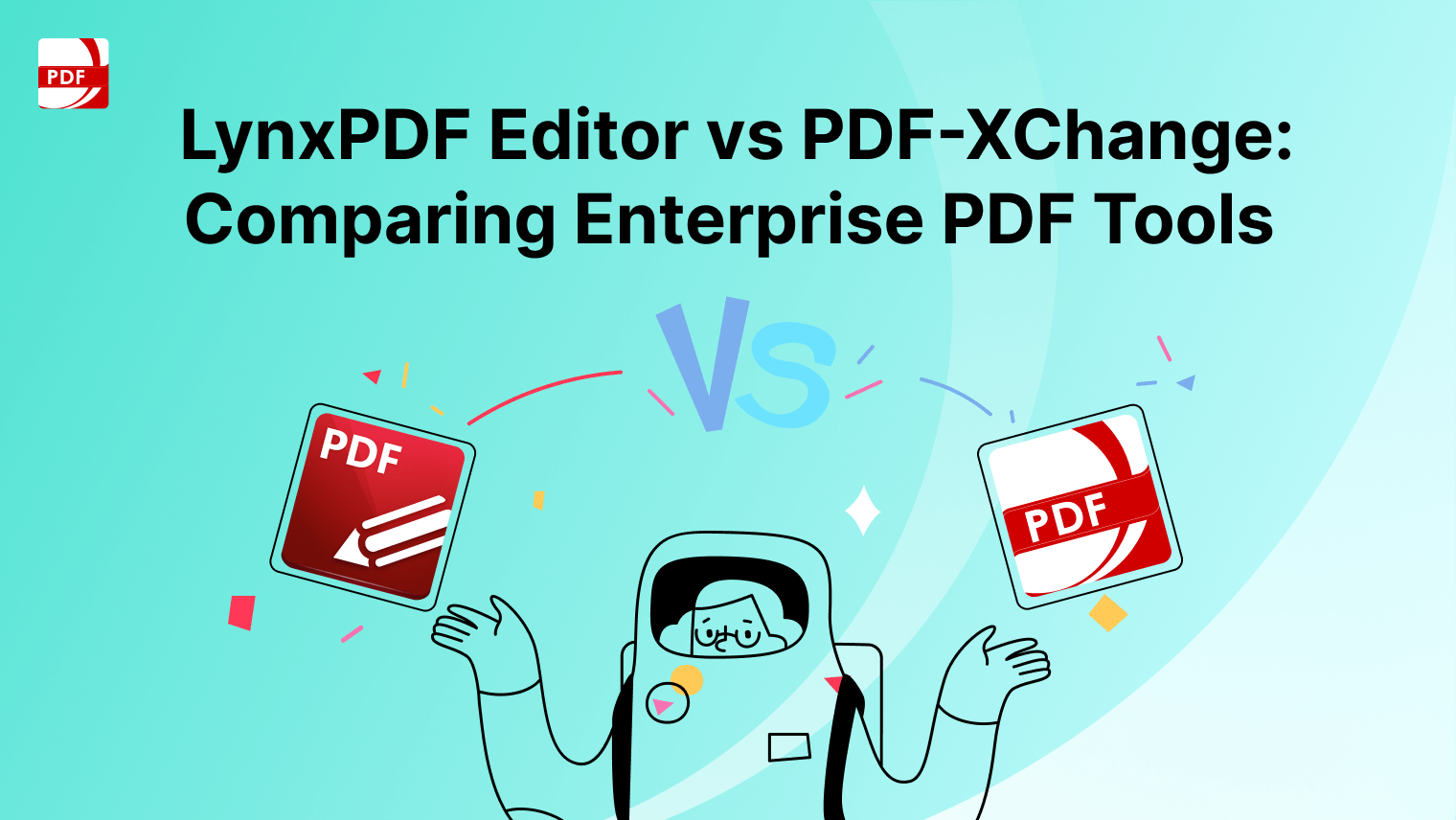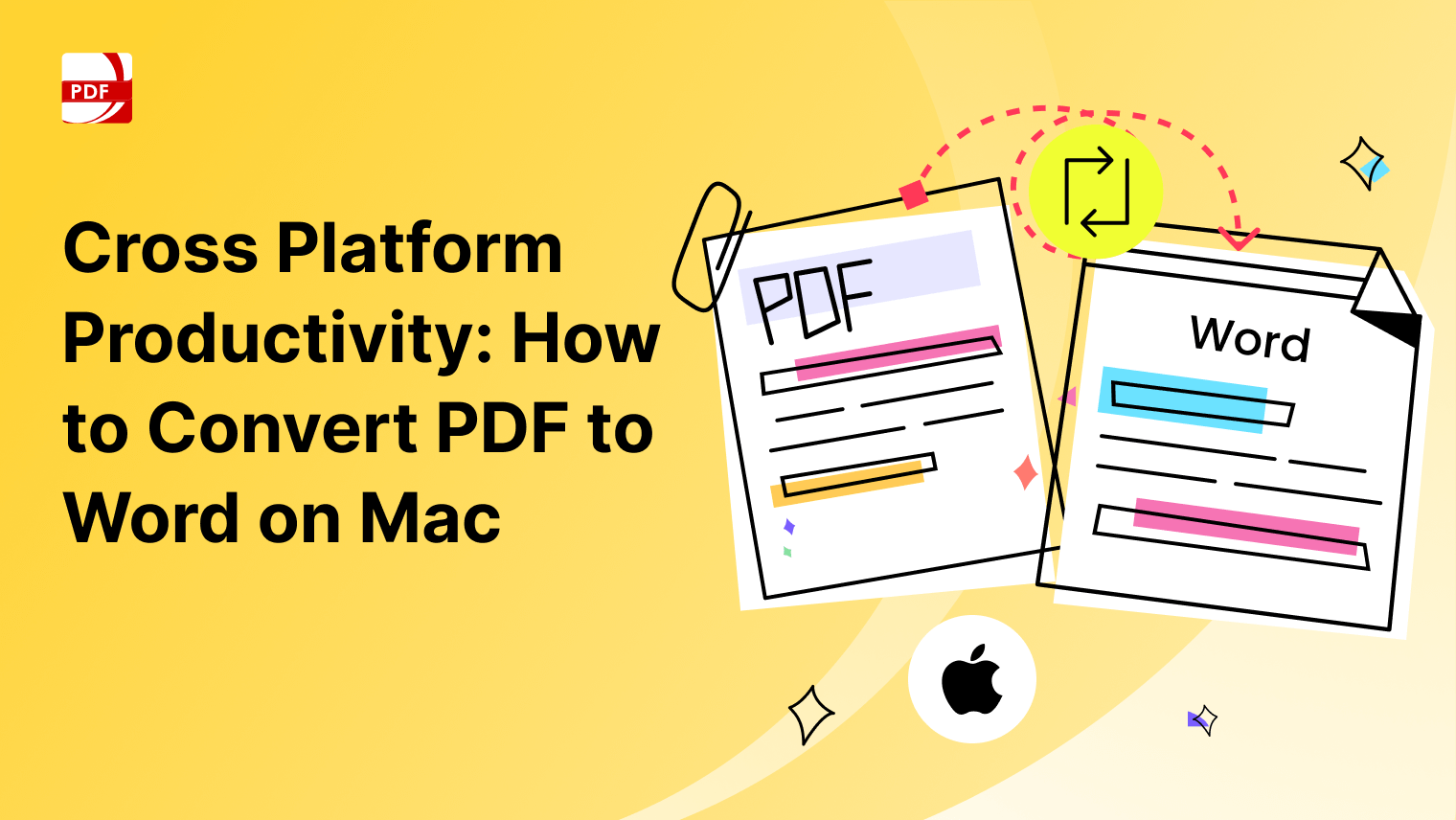Contracts are the backbone of legal and business transactions, providing a clear framework for agreements between parties.
Understanding how to master the elements of a contract is essential for anyone engaged in business or legal dealings.
1. An Official Offer
What It Is: The offer is a proposal by one party to enter into an agreement with specific terms. It must be clear, definite, and communicated to the other party.
How to Master It:
- Clarity: Ensure the offer outlines precise terms and conditions, leaving no room for ambiguity.
- Communication: Clearly communicate the offer to the other party, ensuring they are aware of and understand the terms.
2. Acceptance
What It Is: Acceptance is the agreement of the other party to the terms of the offer. It must be unequivocal and communicated to the offeror.
How to Master It:
- Unconditional Agreement: Acceptance must mirror the offer exactly, without modifications or conditions.
- Documentation: Confirm acceptance in writing to avoid disputes, especially in complex or high-stakes agreements.
3. Consideration
What It Is: Consideration refers to the value exchanged between the parties. It can be money, services, goods, or a promise to perform or refrain from an action.
How to Master It:
- Legality: Ensure that consideration is lawful and not something illegal or unethical.
- Adequacy: While consideration doesn’t have to be equal, it should be sufficient to support the agreement.
4. Mutual Assent
What It Is: Mutual assent, often expressed as "meeting of the minds," means both parties understand and agree to the contract terms.
How to Master It:
- Negotiation: Engage in thorough negotiations to ensure both parties have a shared understanding of the terms.
- Confirmation: Document mutual assent through signatures or formal acceptance of the terms.
5. Capacity
What It Is: Capacity refers to the legal ability of the parties to enter into a contract. Parties must be of sound mind, of legal age, and not under duress.
How to Master It:
- Verification: Verify that all parties are legally competent and have the authority to enter into the contract.
- Clarity: Ensure that all parties clearly understand their rights and obligations.
6. Legality
What It Is: Legality means that the contract’s subject matter must be legal and not against public policy.
How to Master It:
- Compliance: Ensure the contract complies with all applicable laws and regulations.
- Ethics: Avoid including terms that could be considered unethical or illegal.
7. Terms and Conditions
What It Is: The terms and conditions outline the specific obligations, rights, and duties of each party.
How to Master It:
- Detail: Be detailed and specific in outlining the terms, avoiding vague or ambiguous language.
- Consistency: Ensure that all terms are consistent with the agreed-upon offer and acceptance.
8. Dispute Resolution
What It Is: Dispute resolution provisions outline how disputes will be handled if they arise, including methods like mediation or arbitration.
How to Master It:
- Clarity: Define clear procedures for resolving disputes to avoid confusion or litigation.
- Flexibility: Consider including alternative dispute resolution methods to offer flexibility.
9. Termination Clauses
What It Is: Termination clauses specify the conditions under which the contract can be terminated by either party.
How to Master It:
- Conditions: Clearly outline the conditions that allow for termination and any notice requirements.
- Consequences: Address the consequences of termination, including the handling of any outstanding obligations.
10. Signatures
What It Is: Signatures signify that the parties agree to the terms and are bound by the contract.
How to Master It:
- Verification: Ensure all parties sign the contract and that signatures are properly dated.
- Record-Keeping: Maintain copies of the signed contract for your records and future reference.
Tips for Mastering Contracts
Consult Professionals: When in doubt, seek advice from legal professionals to ensure that all elements of the contract are properly addressed.
Review Thoroughly: Always review contracts carefully before signing, paying close attention to all terms and conditions.
Stay Organized: Keep detailed records of all contracts and related correspondence for reference and enforcement.
Continuous Learning: Stay informed about changes in contract law and best practices to enhance your contract management skills.
Mastering the elements of a contract is crucial for ensuring that your agreements are clear, enforceable, and aligned with your goals.
By understanding and carefully addressing each component—from the offer to the signatures—you can navigate the complexities of contractual agreements with confidence and competence.



